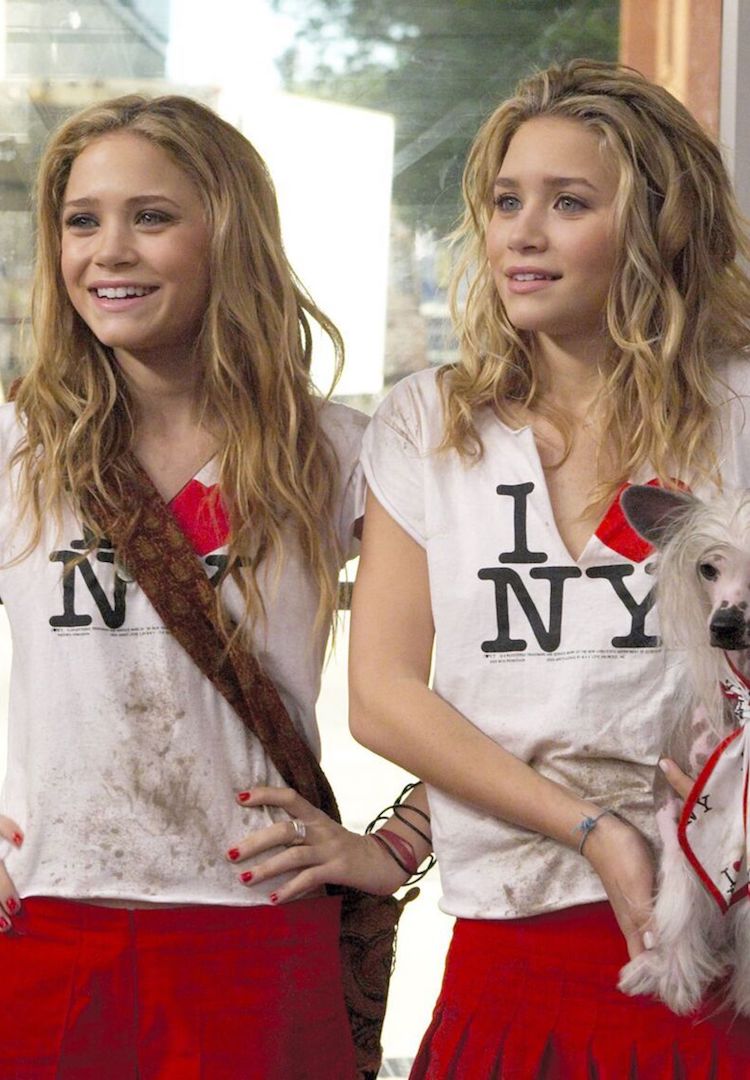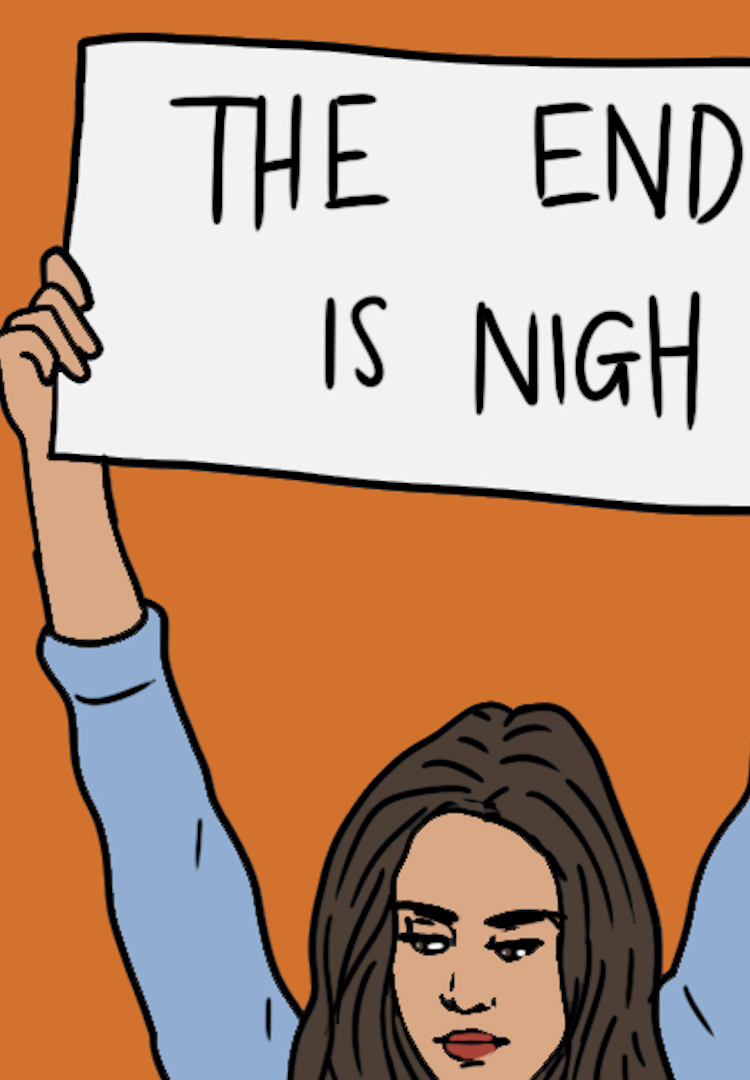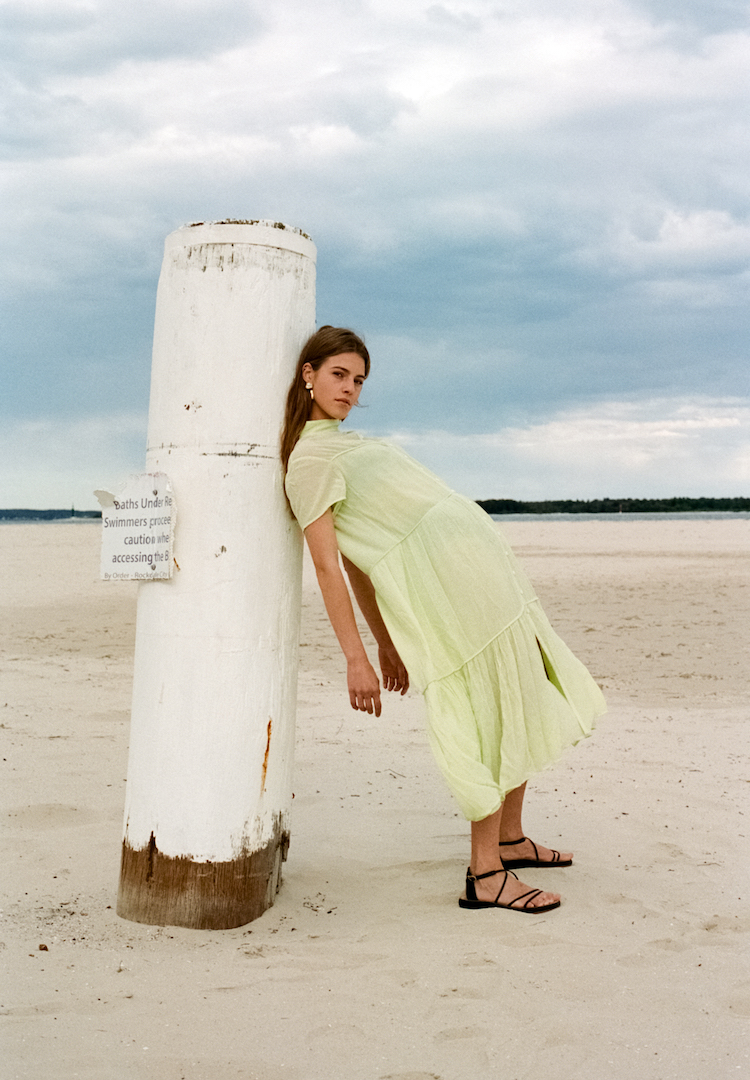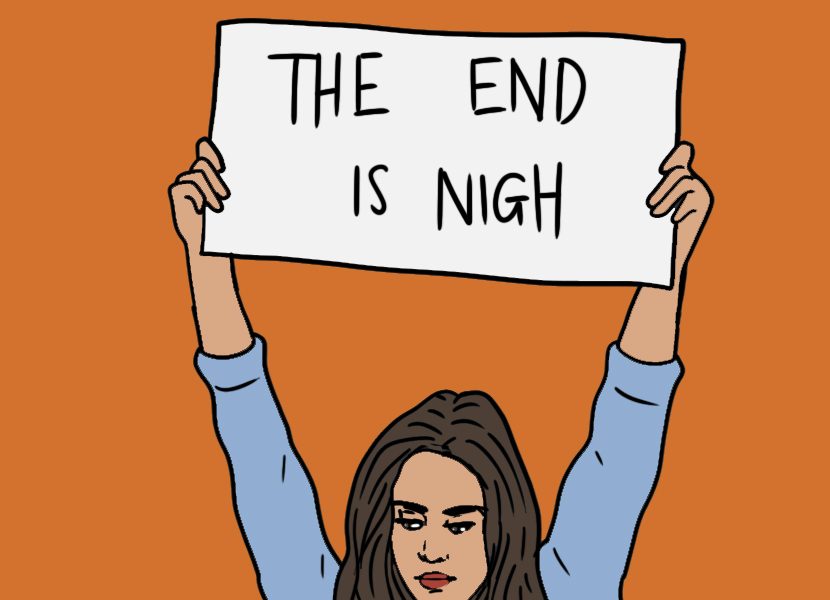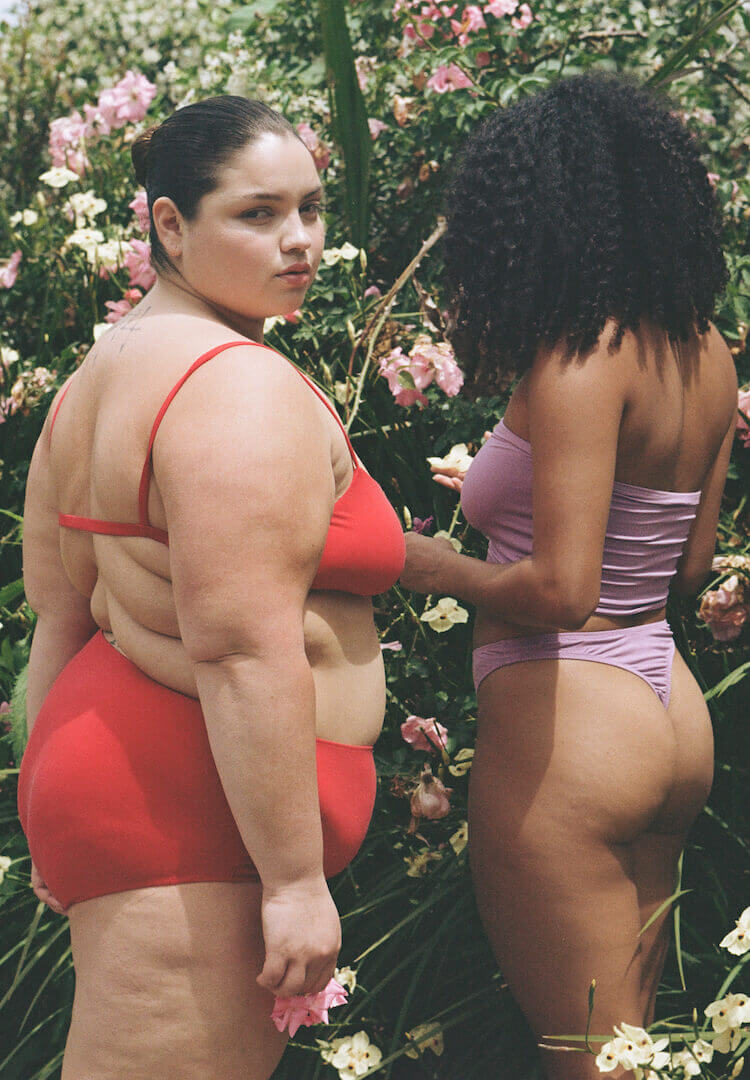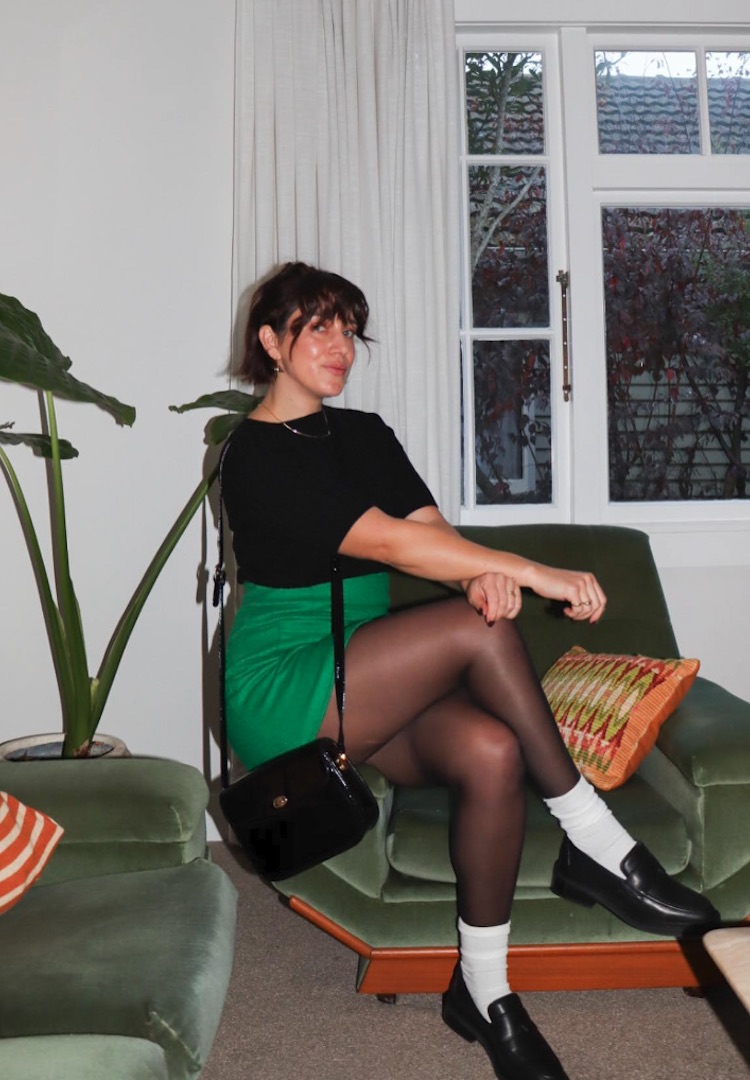Apocalypse anxiety is a real thing, but it’s not the end of the world
IMAGE BY TWYLAMAE
WORDS BY MARIAH PAPADOPOULOS
It’s 2019, and we have so much to worry about.
Sydney has been blanketed by a thick layer of smoke as the latest barrage of bushfires rages on across the country. On the other side of the world, more than 76,000 fires are burning across the Amazon basin. Venice is all but underwater, and many in the Bahamas are still homeless after surviving Hurricane Dorian in August, the country’s strongest tropical cyclone on record.
Extreme weather events like these, broadcasted daily and dramatically through virtually all media channels, continually remind us of the deadly phenomenon of climate change.
Although strikes and protests responding to the chaos are rife across Australia and much of the Western world, politicians’ squabbles about the veracity of climate change resemble anything but effective action.
With all this in mind, it’s little wonder that climate change is increasingly seen as an insurmountable obstacle. The further you delve into its ramifications, the further you find yourself falling down a bottomless rabbit hole of fatalist despair.
We have less than 11 years until 2030. According to the UN’s Intergovernmental Panel on Climate Change, we must halve global greenhouse gas emissions in that time, otherwise the effects of climate change will become irreversible.
If not, we will find ourselves unable to evade the steady decline of the planet, featuring increased extreme weather events, floods, bushfires, polluted water supplies, food shortages, drought and famine.
All of this permeates almost all of our screens. We wake up to Instagram stories of activists abroad posting aesthetically-designed appeals to protest, which are reposted by local influencers and real-life friends alike.
Our commutes are interrupted by strikes to which we have varying reactions – from total outrage to reluctant concession to the need to raise awareness.
We arrive home and switch on the television to visions of the latest horrific natural disaster to smite those who seem less fortunate than us.
But as our awareness of the catastrophe that is slowly enveloping us grows, so diminishes our capacity to quantify it and conceive of it as a manageable crisis.
Climate anxiety is affecting more and more people, especially children and young adults, as we are bombarded with the knowledge that climate change is nothing less than a lethal threat to our species.
It has now become a major component of many university courses. Rightly so, because it will affect virtually every career path imaginable.
Agriculture and Environments courses are organised around climate studies. Those studying the Law are faced with dilemmas like ecocide culpability and climate refugees. Politics students analyse world leaders’ responses. Engineering students study structural and scientific management strategies. Sustainable design is at the forefront of Fashion courses. Medicine students must grapple with climate change as the context in which they’ll practice. The list goes on. Everyone will be affected somehow, if they are not already.
If we are incessantly reminded of climate change in our professional lives and leisure time, we can’t turn away. We’re forced to bear witness to what’s happening, and fear what’s to come.
It’s that sense of fear that can be deeply counterproductive because once fear becomes anxiety, it’s no longer a source of motivation to mitigate the crisis.
Anxiety surrounding ‘the end of the world as we know it’, also known as ‘apocalypse anxiety’, is nothing new.
From 2012’s Mayan calendar armageddon hoax to National Geographic Channel’s docuseries Doomsday Preppers, apocalyptic theories are sources both of humour and mild unease.
But unlike false prophecies and ancient calendar predictions, stress surrounding global threats like climate change is very real.
So how do we get over our apocalypse anxiety?
Most websites and blogs prescribe one of three strategies. The first is getting active, the theory being that if we channel our worry into working to deal with a threat, we can relieve our feelings of hopelessness.
The second is taking a break. Distracting ourselves, and putting some distance between us and our screens, can be healthy. It’s okay to look after our own wellbeing, even if that means ignoring a crisis for a while.
Finally, we’re advised to talk to others who feel the same way. Having our worries understood by peers can help us get some perspective and work on strategies together to deal with anxiety.
All three are great strategies day to day. But what about attacking our fears at their root cause? What about formulating a better, more positive way to deal with apocalyptic threats?
Australian actor-turned-filmmaker Damon Gameau’s documentary, 2040, offers a new perspective on climate change. Unlike its bleak predecessors, the film aims to rouse society into action, by presenting an idealistic account of some of the best technological solutions to climate change.
2040 is Gameau’s effort to transform the narrative around climate change. He recognises that constant anxiety won’t save the world, so he administers a much-needed injection of hope.
Innovation and creativity are pitched as grounds for optimism, and the fact that it is possible for us to face climate change and come out the other side is drilled into the audience.
It seems to make a lot of sense: people will be more likely to take action if they feel their action will be useful. So, with less than two months left in this decade, and many turning points and last chances waiting for us on the horizon, we have some decisions to make.
To get the best of our capacity to stave off crises like climate change, we’ll need to manage our anxiety. To do that, finding a balance between problem-based realism and solutions-based idealism is crucial. May I suggest you start here.
Make no mistake, climate change is terrifying. But we don’t have to take it, or any other world crisis, lying down.
The sooner we understand this anxiety that grips us, the sooner we will be able to control it, and the stronger we will be in the face of climate change.

